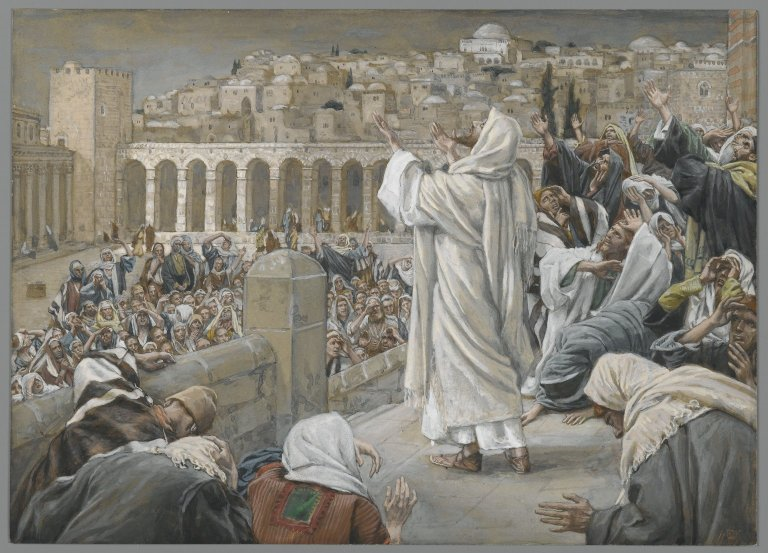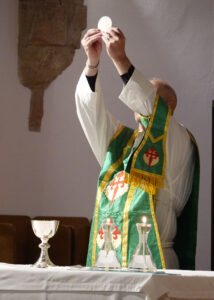 In the Bible, in the Gospel according to St Matthew (16:18), Jesus says: “I will build my church, and the gates of hell shall not prevail against it.”
In the Bible, in the Gospel according to St Matthew (16:18), Jesus says: “I will build my church, and the gates of hell shall not prevail against it.”
This verse is used frequently for a variety of reasons. One of the most common uses of the verse is as a prooftext for claiming that no matter what happens against the Church, ranging from external attacks to internal scandals, the Church will prevail and weather the storm.
Is that a legitimate use of the passage?
Continue reading






